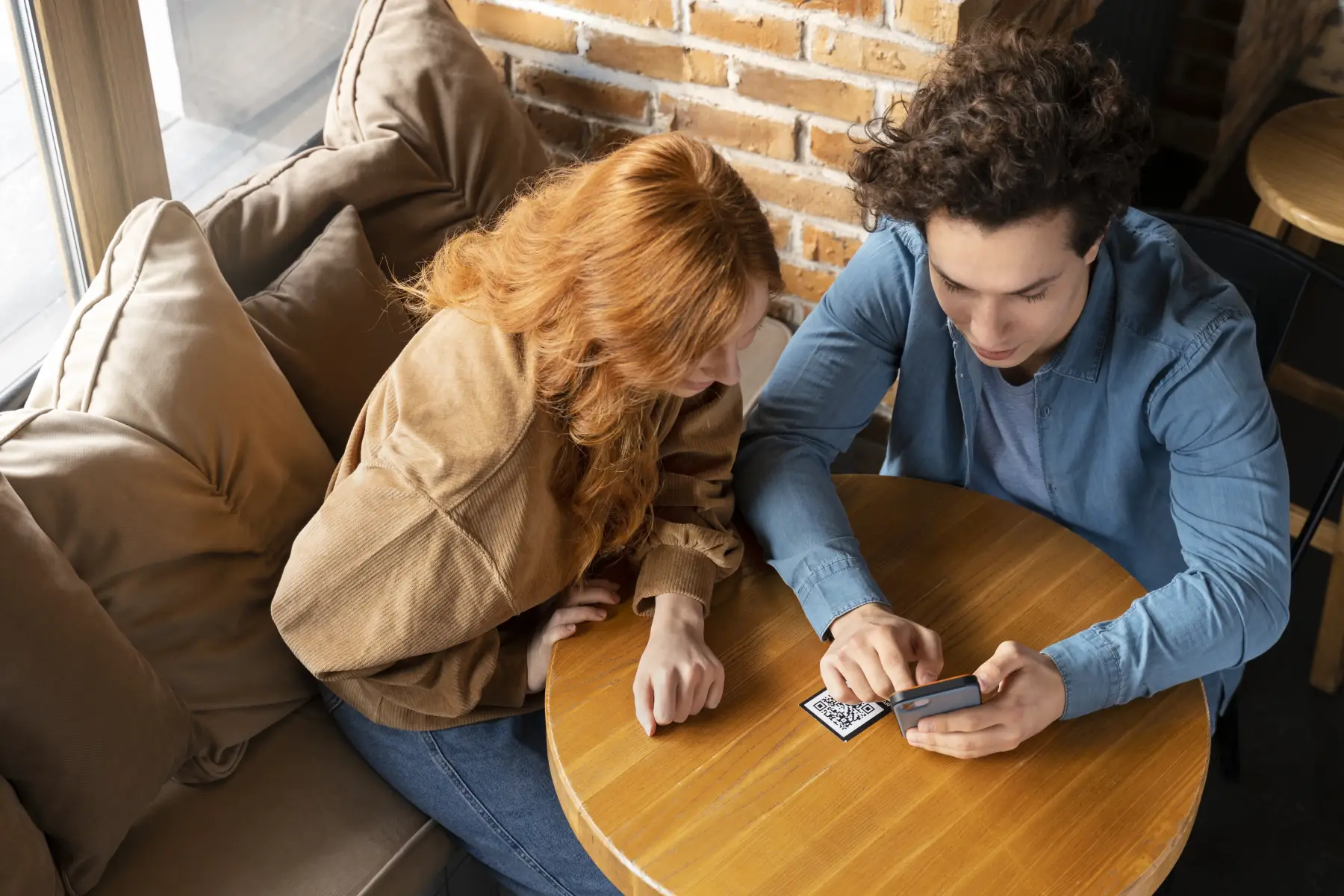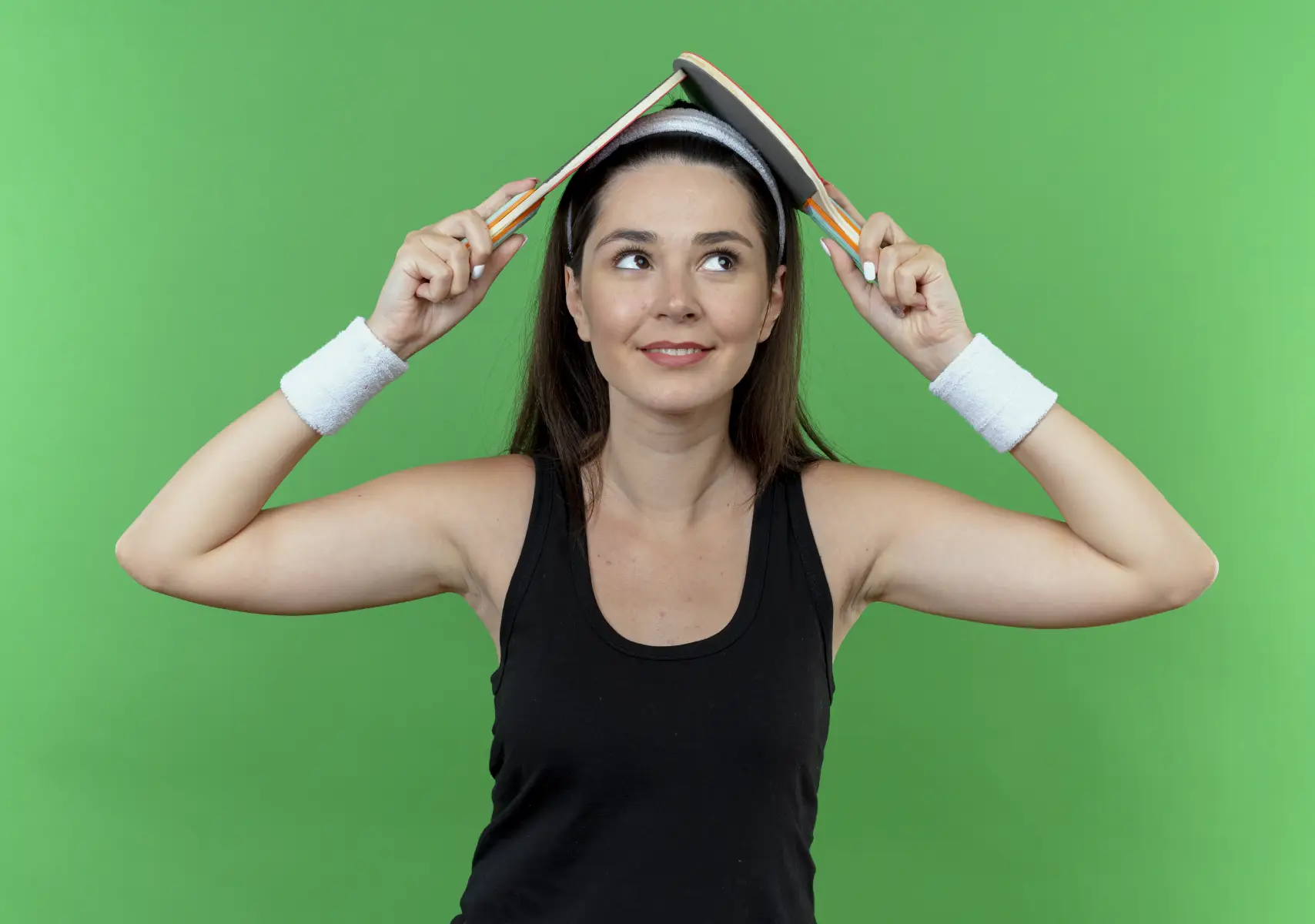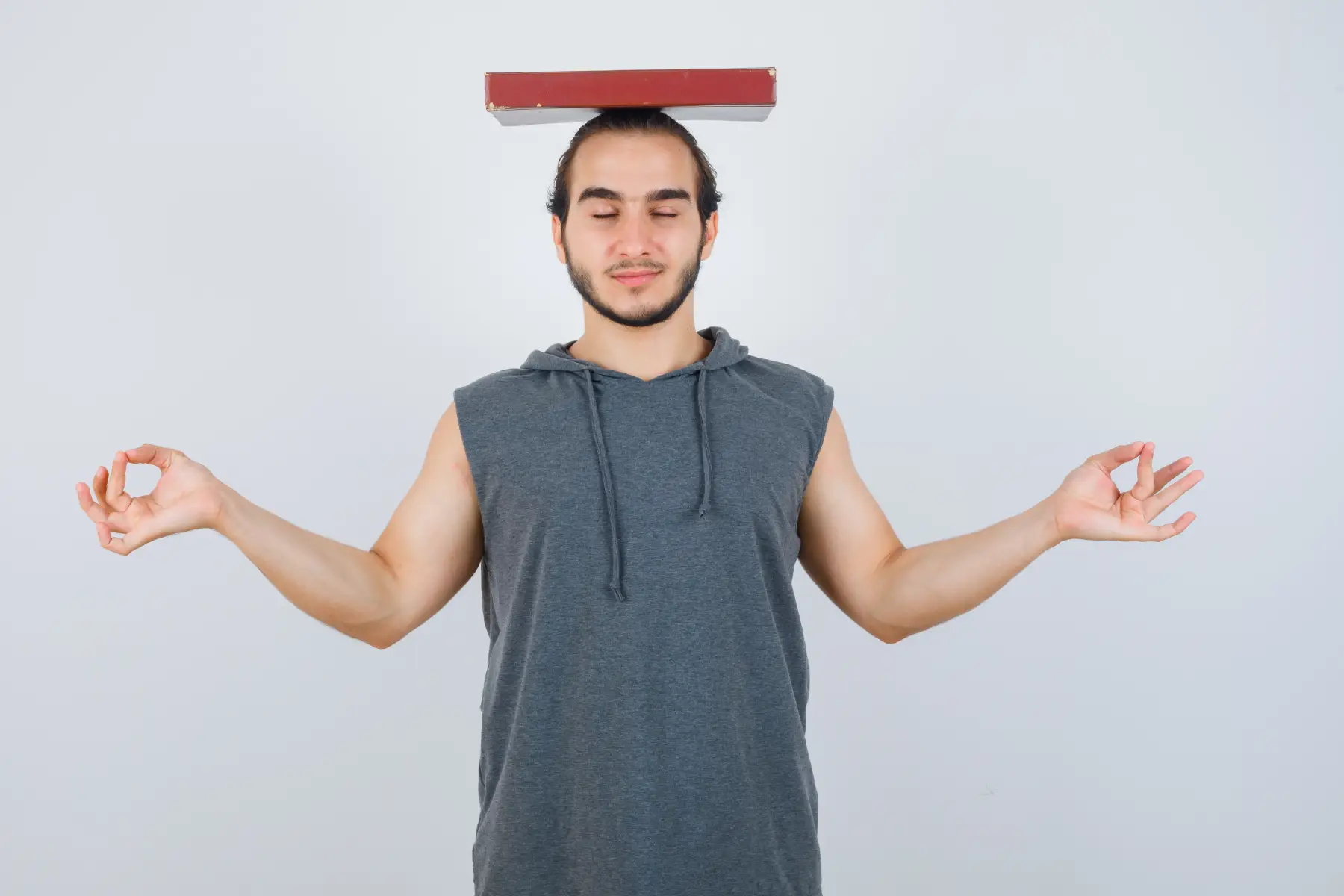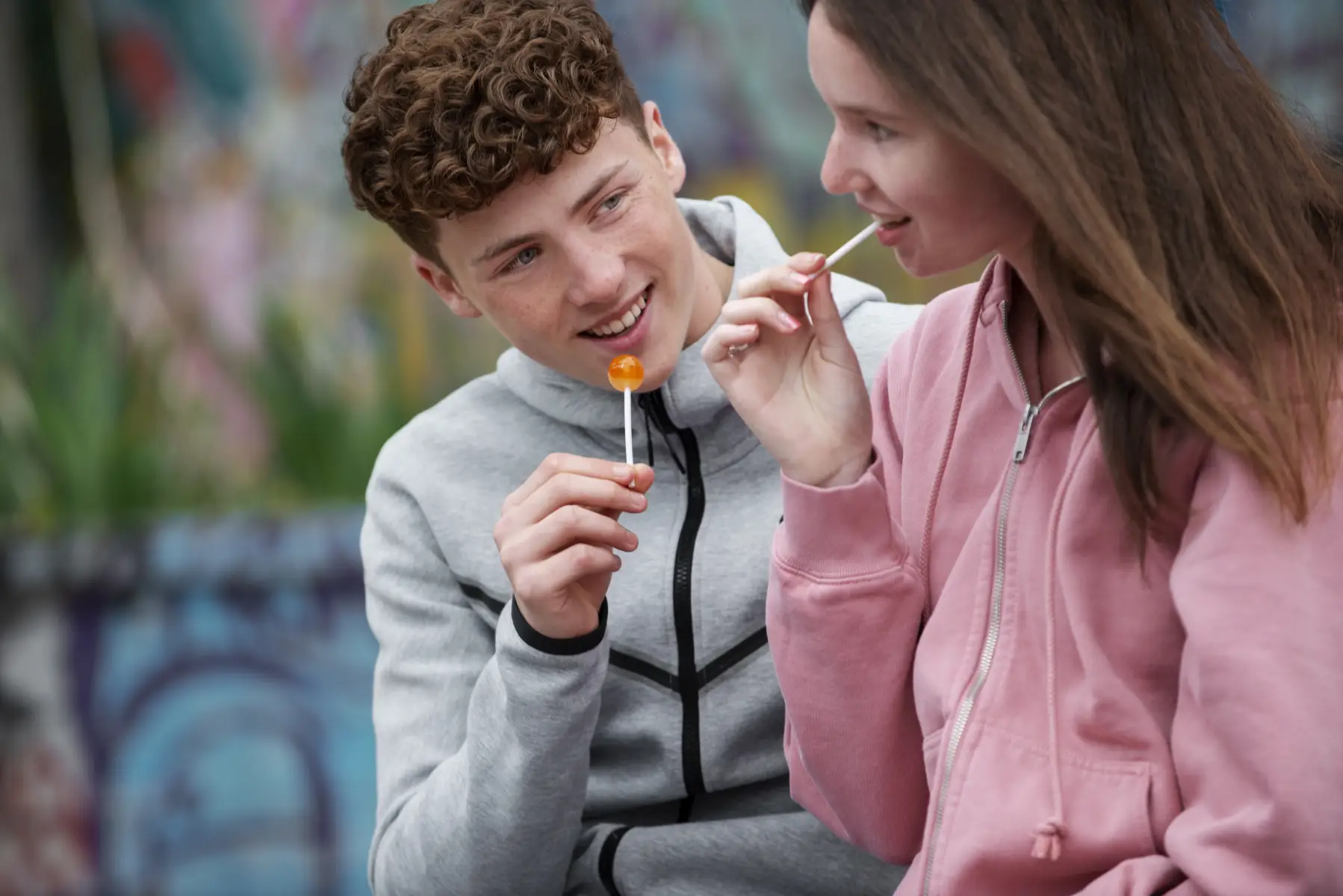Introduction
Gambling is woven into much of UK life—from National Lottery tickets to football bets, high-street slot machines, and, increasingly, 24/7 online games. For most, it’s enjoyed in moderation. But for hundreds of thousands, gambling shifts from fun to harmful compulsion, bringing financial, emotional, and relational costs.
If gambling is no longer “just a bit of fun”—if you’re losing more than money, hiding your habit, or feeling trapped by guilt—you are not alone. With evidence-based support and practical steps, full recovery is absolutely possible. This guide brings clarity, hope, and actionable advice for anyone concerned about their own or a loved one’s gambling.
What is Gambling Addiction?
Gambling addiction (also called “problem gambling” or “gambling disorder”) involves repeated gambling behaviour that becomes hard to control, despite negative consequences. It’s recognised as a behavioural addiction in both the DSM-5 (APA, 2013) and ICD-11 (WHO, 2019).
Key features include:
- Strong urges or preoccupation with gambling
- Repeated unsuccessful attempts to cut back or stop
- Chasing losses (gambling more to win back money lost)
- Lying to others about gambling activity
- Gambling despite negative impact on finances, relationships, work, or mood
Compulsive gambling can affect anyone—regardless of age, gender, or background. About 300,000 adults in the UK are estimated to have gambling problems, with 1.4 million at risk (Gambling Commission, 2023).
Causes & Risk Factors
- Brain and Behavioural Drivers:
Gambling triggers dopamine “reward” pathways—much like drugs or alcohol. Wins feel exciting and losses can intensify desire to keep playing (“the near-miss effect”).
- Emotional and Psychological Factors:
Gambling is often used to escape from stress, depression, boredom, or loneliness.
Early big wins, family history, or trauma may increase vulnerability.
- Social and Environmental Influences:
Gambling is highly accessible online and via smartphone apps.
Aggressive advertising, in-play bets, and “free” offers fuel constant temptation.
Peer pressure and social acceptance—especially among young adults.
Signs & Symptoms
- Obsessive thinking about gambling (when, how, what game)
- Needing to increase stakes to feel excitement
- Repeatedly “chasing losses” after losing money
- Concealing gambling from family/friends
- Missing work, neglecting responsibilities, or using gambling as a way to escape problems
- Borrowing money, selling possessions, or getting into debt to fund gambling
- Feeling anxious, irritable, or hopeless when unable to gamble
Effects of Gambling Addiction
- Financial harm: Debt, borrowing, bankruptcy, or legal trouble
- Relationship impact: Secrecy, broken trust, arguments, separation, or divorce
- Mental health: Anxiety, depression, substance misuse, suicide risk (Gambling Commission, 2022)
- Work or study: Distraction, absenteeism, poor performance, job loss
- Isolation and shame: Many feel too embarrassed or guilty to seek support
Academic Evidence & Therapy Approaches
- Cognitive Behavioural Therapy (CBT):
The gold-standard treatment for gambling addiction (Cowlishaw et al., Cochrane, 2012). Targets triggers, thought patterns, and mechanisms keeping gambling going.
- Motivational Interviewing:
Helps clients explore ambivalence, build readiness, and set clear change goals.
- Financial Counselling:
Essential for tackling debt and practical harm; many UK services work alongside therapists.
- Peer and Group Support:
Gamblers Anonymous (GA), GamCare groups offer camaraderie, accountability, and hope.
- Family and Couples Therapy:
Helps loved ones cope, set boundaries, and rebuild trust.
- Blocking Tools and Self-Exclusion:
Self-exclusion schemes (GAMSTOP) and software blocks access to gambling sites and apps.
Actionable Strategies
- Track Your Gambling:
Keep a diary: frequency, money spent, triggers, wins/losses, and emotional states.
- Limit Access:
Install blocking apps and use GAMSTOP to self-exclude from UK-licensed online gambling.
- Address Money:
Hand over financial control to a trusted person for a while, limit cash and cards.
- Find New Coping Tools:
Replace gambling time with healthy distractions: exercise, hobbies, volunteering, social activity.
- Build a Support Network:
Confide in someone you trust; reach out to support groups or helplines.
- Be Kind to Yourself During Relapses:
Relapse is common and no reason to give up—analyse what led to it and build your plan.
- Seek Professional Help:
Therapy can teach urge-management, coping skills, and help address underlying mental health factors.
When and How to Seek Help
Get help if:
- You’re unable to cut back or quit alone
- Gambling causes distress, debt, or relationship damage
- You feel anxious or compelled to gamble even when you want to stop
Counselling and therapy are confidential, practical, and non-judgmental.
GPs can refer, or you can self-refer to specialist services without charge.
Recovery Story (Anonymised)
“At first it was a Saturday flutter, but soon I was gambling every spare chance, chasing my losses. I lied, ran up debts, and felt alone. Opening up to a therapist and joining GA saved me. We sorted my debts, rebuilt trust at home, and finally broke the urge to gamble.” – (Anon., Manchester)
Resources
- NHS Gambling Addiction Support
- GamCare (Free helpline: 0808 8020 133)
- GAMSTOP (Self-exclusion)
- Gamblers Anonymous UK
- StepChange (Debt help)
- Young Gamers & Gamblers Education Trust (YGAM)
Conclusion
Gambling addiction is not a weakness, but a treatable health condition. With honesty, the right support, and a tailored therapy plan, anyone can take control and reclaim their life. Support and understanding is always available—taking the first step today can start a journey toward security, peace, and freedom.










